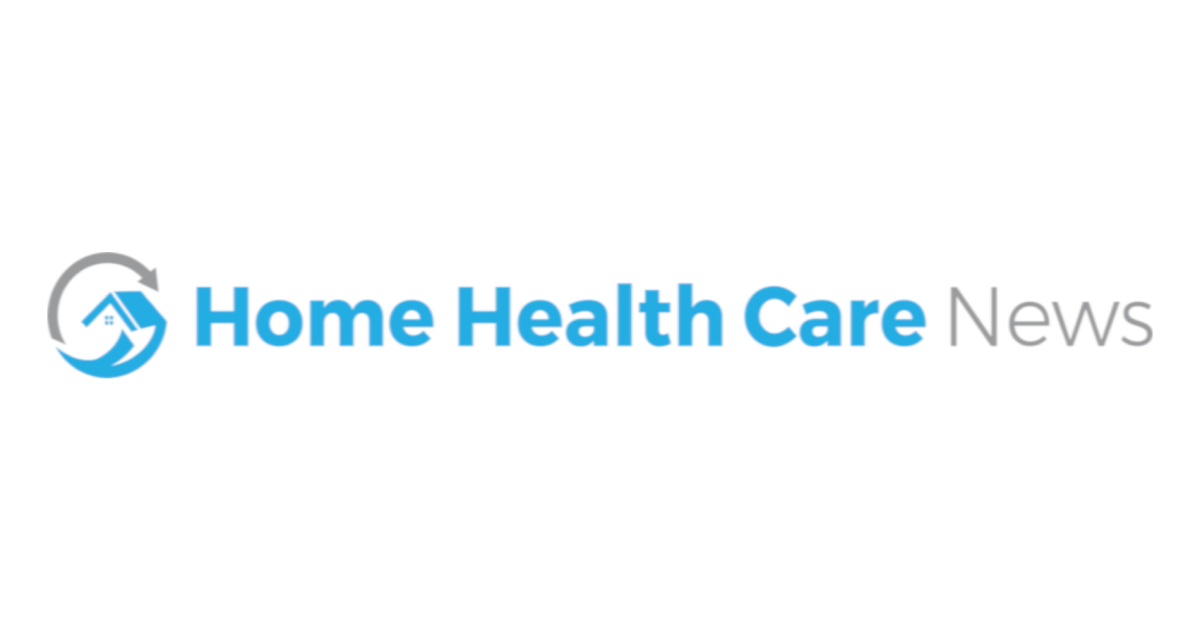Home health providers could potentially see a speedier prior authorization process thanks to legislation moving through Washington, D.C.
While the changes in the Improving Seniors’ Timely Access to Care Act are welcomed, many experts in the space feel like more work needs to be done in order to have a more efficient care delivery process.
“In addition to requiring electronic prior authorization, the Improving Seniors’ Timely Access to Care Act requires MA plans to publicly share what their prior authorization rules are,” Alina Czekai, vice president of strategic partnerships at Cohere Health, told Home Health Care News. “It also requires them to share with CMS their approval rates, denial rates and overall just adds more transparency to the system.”
Cohere Health is a digital health company focused on transforming prior authorization.
Broadly, prior authorization is the process that occurs when a physician is requesting a patient receive a certain service, medication or procedure from a health insurance company.
The process is put in place to ensure the health plan is going to cover the care and financial cost for a patient down the road.
The Improving Seniors’ Timely Access to Care Act is designed to improve health care for seniors by, in part, reducing those burdensome prior authorization processes.
Before joining Cohere, Czekai worked for the Centers for Medicare & Medicaid Services (CMS) and worked closely with the administration’s “Patient Over Paperwork” initiative, which was aimed at reducing red tape and administrative burden.
Traditional prior authorization has not always been the most seamless process. Oftentimes, Czekai said, patients could wait for days to see if their care has been authorized. And when there are significant delays, patients are much more likely to abandon their treatment plan completely.
“Traditional prior authorization is challenging for physicians because the system involves faxing or sometimes mailing in clinical notes,” Czekai said. “It’s definitely fraught with administrative burden and plenty of red tape. On the health plan side, several health plans employ large call centers to handle this somewhat tedious process.”
Cohere Health tries to take technology – namely AI and machine learning – and pair it with clinical evidence.
“The whole focus of prior authorization should be the patient,” Czekai said. “That’s what we seek to do with our solution: better outcomes, better patient experience and a much more clinically appropriate care path.”
What’s still needed
In September, the House of Representatives passed the Improving Seniors’ Timely Access to Care Act.
The piece of legislation — among other things — mandates the adoption of electronic prior authorization for Medicare Advantage plans. The bill also would improve transparency when it comes to MA policies, approval rates and the rationale behind requests when they are denied.
It’s a long overdue and much needed step in the right direction, Intrepid USA Healthcare Services CEO John Kunysz told HHCN.
“That said, it leaves Medicare Advantage payers too much wiggle room to continue to delay and deny authorizations for care,” Kunysz said. “The prior authorization process should be based upon the patient’s primary diagnosis and have a standard number of visit authorizations based upon evidence-based medicine. Care delayed is care denied.”
Intrepid USA is one of the largest home health providers in the U.S., with more than 60 locations in 17 states. With his background on the revenue and payer side of home health care, Kunysz has seen firsthand what payers are incentivizing.
“What I’ve found in health care – particularly on the acute-care side and in physician practices – is that payers incentivize their revenue cycle teams to ask for additional medical records and find ways to delay the claim,” Kunysz said. “They create this blizzard of ‘Home Health Care Uno.’ They receive a claim and it’s back to you.”
There are levers that payers can pull that shortchange a patient’s right to care under an MA plan.
Home health agencies should be able to pre-authorize and automatically authorize a certain number of visits based on a primary diagnosis, Kunysz said.
“90% of these things can be resolved with an automated referral and adjudication process,” Kunysz said. “Less than 5% to 10% of your cases are going to be outliers.”
It’s always important to keep in mind who these changes are being made for, which is the patients, he said.
“I’m excited about this because it’s my understanding and belief that home health agencies want timely, rapid notification about whether or not their services will be approved,” Aimee Bailey, senior director of clinical programs at Cohere Health, told HHCN. “The last thing you want to do is delay someone’s access to timely and appropriate care. I would imagine that this is in line with the wants and needs of home health agencies as well as patients. Ensuring that right care, right time, right setting mantra.”
If the bill passes through the Senate as expected, it would then be codified into law by CMS – potentially as early as 2023.
Still, while digitizing prior authorization requests does speed the clinical review process, it doesn’t help health plans improve either the quality or value of care, Czekai said. Health plans will still need to find tools to enable true care management and reduce variations in care.


